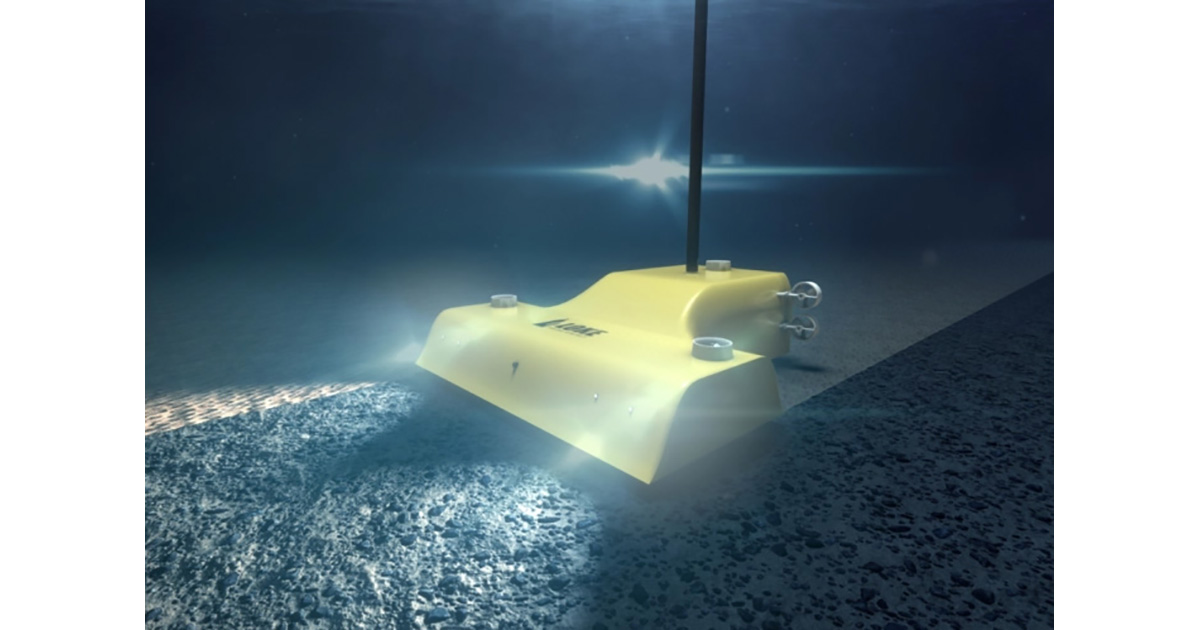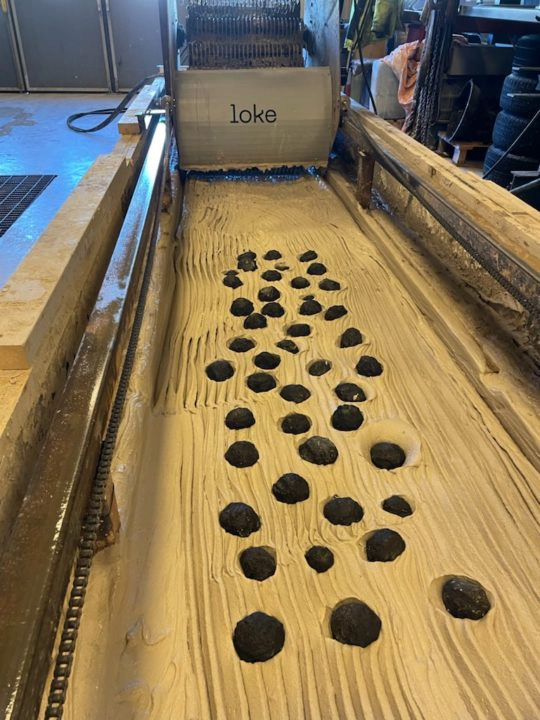Tech Spotlight: Loke Collection Tool for Manganese Nodules

Loke is a Norwegian company founded in 2019 with TechnipFMC, Wilhelmsen and Kongsberg as technology partners and investors.
Loke is introducing several differentiating technologies that will reduce the environmental footprint and significantly improve the industrial efficiency and resource definition accuracy compared with today’s methods.
For manganese nodules, Loke is currently developing a technology where minimum sediment disturbance is caused by the Collector Head and minimum plume generated by the Collection Tool. Initial plume analysis indicate that plume can be reduced with over 90% with this new technology compared with traditional full layer removal hydraulic collection tools.
 Due to the limited sediment pick-up, there will be no need for a sediment return riser from the production vessel after de-watering and hence no mid-water sediment plume is introduced.
Due to the limited sediment pick-up, there will be no need for a sediment return riser from the production vessel after de-watering and hence no mid-water sediment plume is introduced.
Loke completed the first set of testing of nodule collector concepts in June 2022. The nodules are collected mechanically for minimum sediment disturbance; four different collection principles have been tested in lab conditions with artificial seabed and nodules with the correct properties.
The most promising concept from these tests gave repeatedly 100% collection efficiency with absolute minimum interference with the seabed.
With this concept, the sediment volume to be removed from the seabed can be reduced with over 90% compared with conventional hydraulic collection heads.
This also implies that the plume generated at the collection head is minimized, and no return sediment plume after de-watering on the production vessel will be generated.
“This is an important milestone for us, and we are now progressing to the next phase of the prototype development” says Tore Halvorsen – CTO Loke.
For more information, visit Loke’s website.

